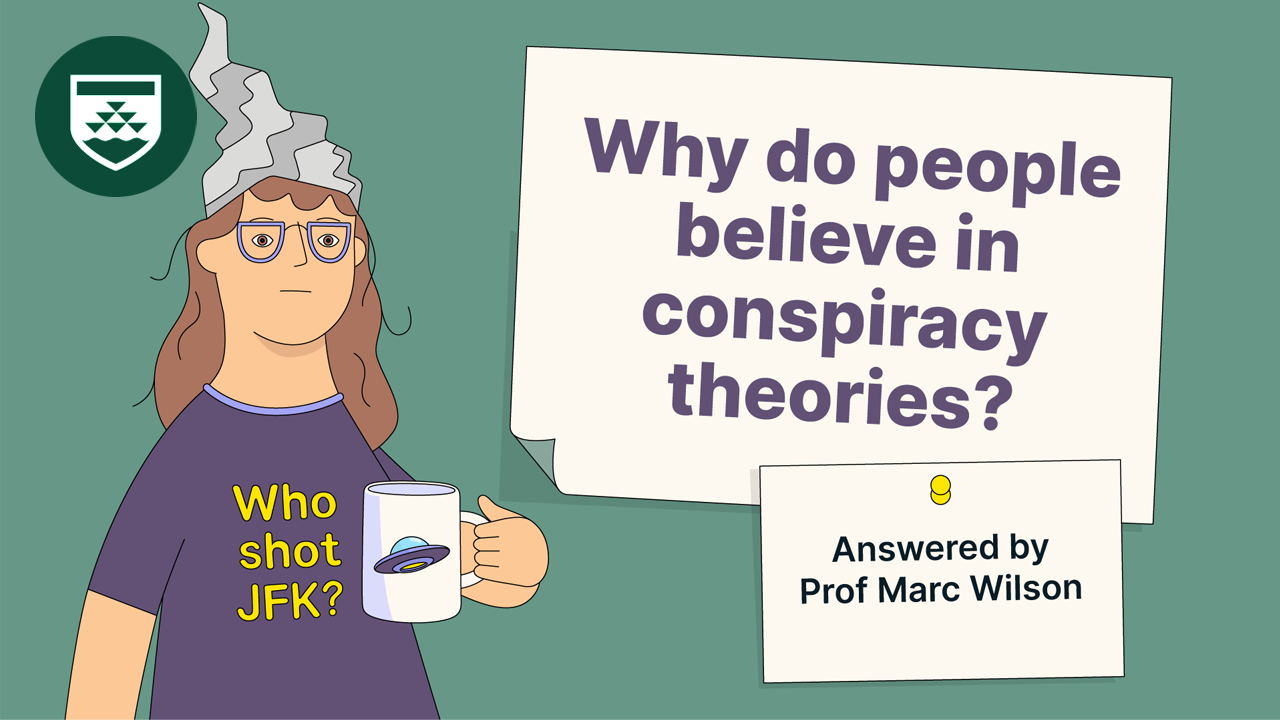Why do we blush?
Dr Gina Grimshaw, from Te Kura Mātai Hinengaro—School of Psychology answers:
"Most people who blush wish that they didn’t, but the blush is actually a really cool trick that your body can use to display your emotional state.
"Most of our emotions produce some sort of response in your body; think about the butterflies in your stomach or your pounding heartbeat. But a blush is different—it’s not just an emotional response, it’s also an emotional display and a way that I can communicate my emotional state to you.
"Normally we blush when we feel embarrassment or shame, situations where we feel like we’re being judged by others and perhaps found wanting. So the blush allows me to communicate to you that I know I might have messed up; I know I did something wrong; I know I failed in some sort of way, so please don’t judge me too harshly.
"What’s especially neat about the blush is that, compared to other types of emotional displays, it’s an ‘honest’ one. We use facial expressions to show our emotions, but we can hide our emotions or we can fake them. The blush, however, is automatic—it happens entirely outside of your control and you can’t fake it or stop it."
Professor Anne La Flamme, from Te Kura Mātauranga Koiora—School of Biological Sciences answers:
"On the physiological side, what makes your cheeks get bright red? We know that what induces that redness is actually very similar to what happens when you have an infection or inflammation, where you have a widening of your blood vessels to allow more blood to rush into that area. And for some reason this occurs primarily on the cheeks, so more blood gets there, your cheeks turn red and they get hot because the blood is what is circulating the heat around your body.
"So what drives that? Why do your blood vessels suddenly open up so that you get blood rushing to your cheeks? That we don’t know. We suspect that it is mediated through proteins such as histamine. If you think of anti-histamines that you might take when you have an allergic reaction, it’s a similar sort of thing—those anti-histamines prevent that from happening. We believe that protein released locally in the cheeks can induce those changes, just to blood flow."
Want to learn more?
Ask us
Got another question you'd like to ask a researcher? Send us an email and find out what our experts think!
Check out our resources
If you’re a school student or teacher, you can learn more about psychology with our primary and secondary school resources.
Dig deeper
Are you interested in understanding why people think and behave the way they do? Study with us.
Get the answers

Why do people believe in conspiracy theories?
Professor Marc Wilson from Te Kura Mātai Hinengaro—School of Psychology looks at some of the research into conspiracy theories.
What is climate change?
Dr Kyle Clem from Te Kura Tātai Aro Whenua—School of Geography, Environment and Earth Sciences gives us a quick overview of the science behind climate change.
